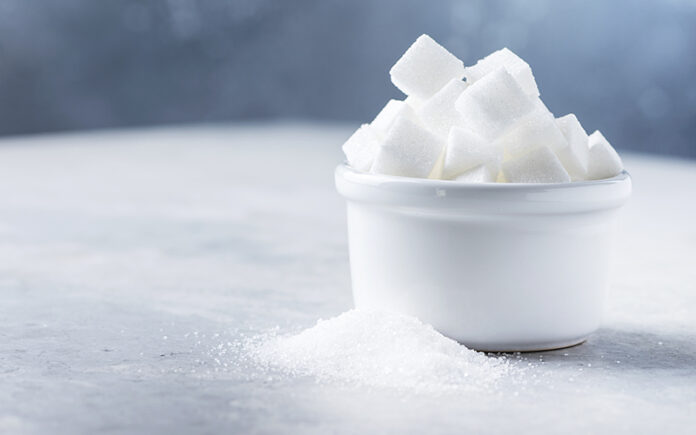Researchers at the University of Birmingham in the UK, and Duke University, Durham, North Carolina, have described the strength and toughness of novel polymers made from sugars, and the chemistry underpinning their characteristics, in a study published in Angew Chemie.
The study examined two polymers based on isosorbide and isomannide that produced by a recently disclosed method that uses sugars as a starting point for synthesis. Both polymers have superior properties to conventional thermoplastic elastomers. In addition, they are degradable and mechanically recyclable.
In a key finding, the researchers discovered the polymer made from isosorbide displayed superior elastic recovery and toughness, which was shown to be a result of the stereochemistry of the sugar groups in the materials. Using computer simulations and other experimental techniques, the researchers showed the difference in elastic recovery results from the way that the sugar stereochemistry directs the network of hydrogen bonds between and within the long-chain molecules.
The researchers concluded that both polymers have high optical clarity, exceptional mechanical strength and extensibility, but the isosorbide-based polymer has superior toughness, due to its higher elasticity.
For more information, visit www.birmingham.ac.uk.





